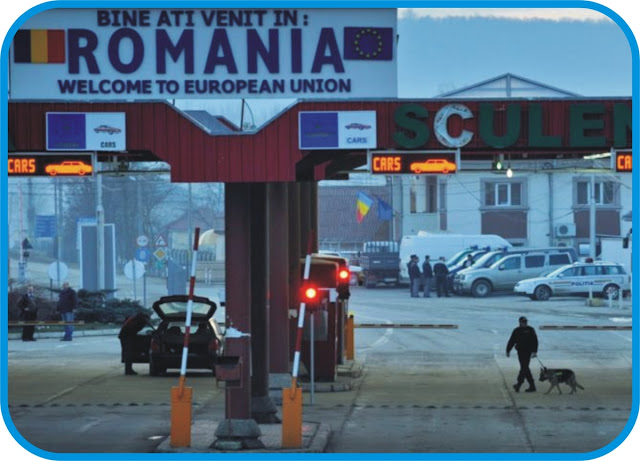
Chaos as suspected terrorist attack brings Arian Grande gig to an abrupt end
Wailing and mourning in Manchester after a suspect terrorist
attack left 19 persons dead, while 50 persons have sustained different degree
of injuries’
The police in Greater Manchester has announced that the
tragedy would be handled as an alleged terror attack.
According to eye witnesses a "huge bang" was heard
at the 21,000-capacity venue at the end of a sell-out Ariana Grande gig.
The US singer, who was unharmed, tweeted to say she is
"broken".
"From the bottom of my heart, I am so, so sorry,"
she said. "I don't have words."
Her manager Scooter Braun said they mourned "the lives of
children and loved ones taken by this cowardly act".
Accordingly, the city’s Victoria station has been closed
after evacuating everyone and cancelling train services.
Residents in the city have been offering shelter to all
those who went to the concert, even as taxi drivers offered to render free
rides, while one of the hotel close to the venue has provided shelter for
several children.
Manchester Mayor Andy Burnham in his tweet handle said:
"My heart goes out to families who have lost loved ones, my admiration to
our brave emergency services. A terrible night for our great city."
Theresa May in her message said her thoughts were with the
victims and families of those affected and has condemned "what is being
treated by the police as an appalling terrorist attack".
Home Secretary Amber Rudd also condemned the "barbaric
act" and said: "The full details of exactly what happened are still
emerging, but I am proud of the police and first responders who reacted to this
tragic incident so swiftly."
"Our thoughts and prayers go out to everyone affected
and especially the families who lost their loved ones tonight - utterly heart-breaking,"
they said.
If it at the end is confirmed that the attack was an act of
terrorism, the explosion will become the worst atrocity in the UK since the
deaths of the 56 people killed in the 7/7 London bombings in 2005.




























